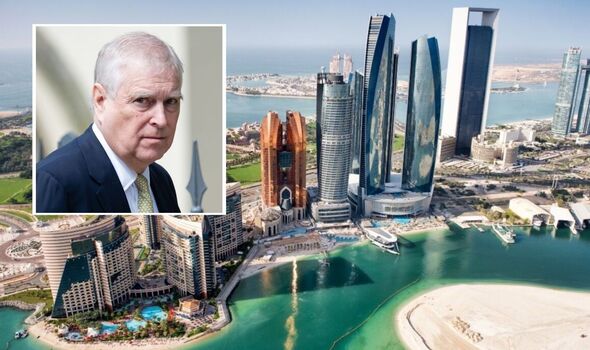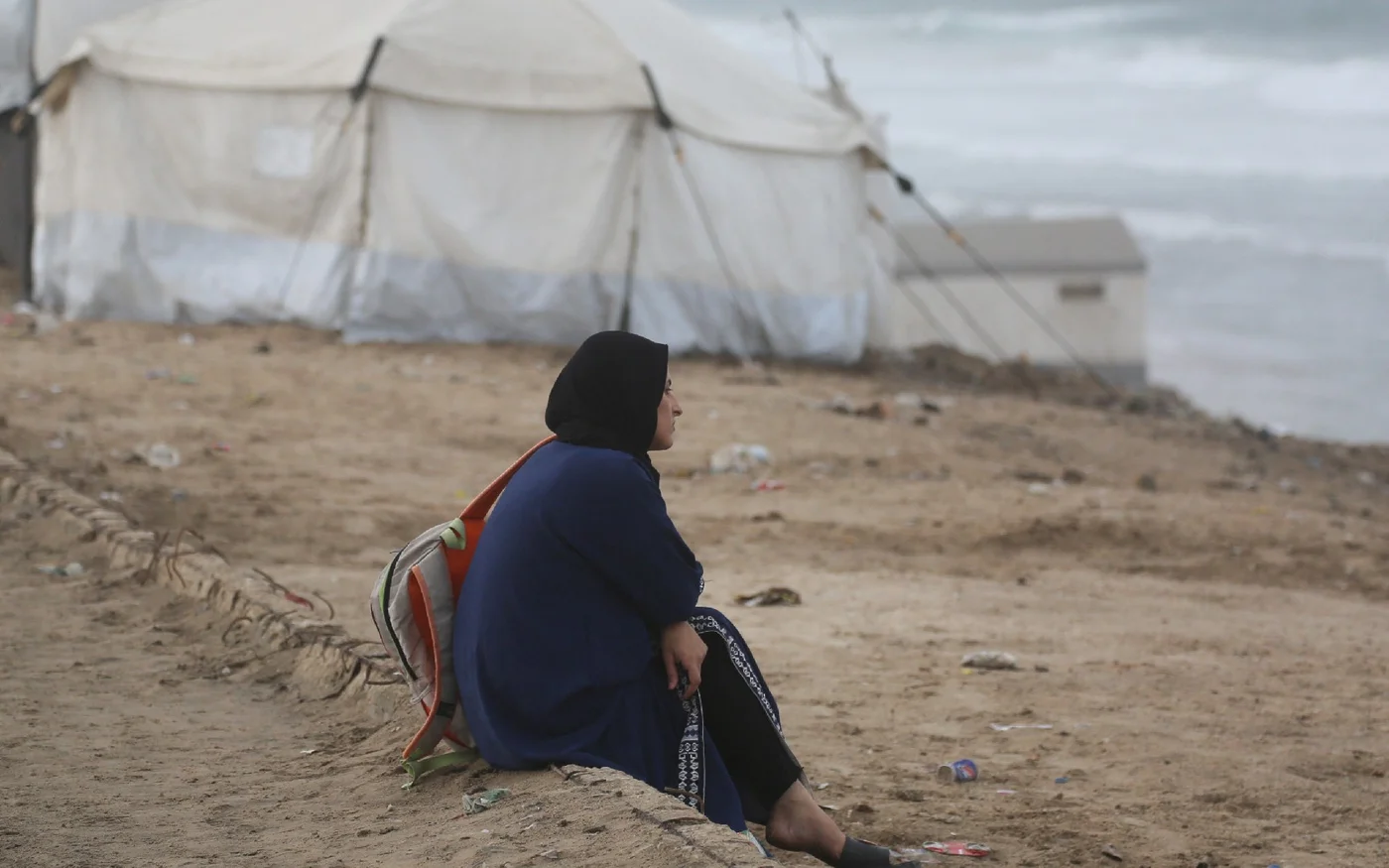Pressure is mounting on Andrew Mountbatten Windsor, the former prince, as he contemplates relocating to a luxurious £10 million villa in Abu Dhabi. The villa, nestled within a fortified complex owned by the UAE royal family, offers opulent surroundings that may provide a welcome escape for the 65-year-old following recent controversies. The villa was reportedly offered to Andrew by Sheik Mohamed bin Zayed Al Nayhan, a long-time acquaintance from their days as pupils at the prestigious Gordonstoun School.
The villa’s refurbishment was commissioned by Sheik Mohamed after the death of Queen Elizabeth II. The newly completed residence includes six bedrooms, a home cinema, an indoor plunge pool, and a gym, all designed with what has been described as a “youthful and playful” interior. The complex, known as the Sea Palace, boasts lavish amenities, including gold-decorated fixtures and kitchens staffed by top chefs.
Andrew’s potential move comes at a time when he faces significant scrutiny and pressure due to the ongoing fallout from the Jeffrey Epstein scandal. Recently, King Charles made headlines by stripping Andrew of his peerages and the title of prince. This decision was made public on Thursday, marking a pivotal moment in the royal family’s handling of the situation.
The Mail on Sunday reported that Andrew’s title of Duke of York has already been removed from the Roll of Peerages. In light of this, Andrew Lownie, author of “Entitled: The Rise and Fall of the House of York,” noted that the Abu Dhabi villa would be “perfect” for Andrew. He suggested that the location could provide a more private life, where Andrew could avoid media scrutiny and maintain a semblance of royal status.
As the ramifications of the Epstein scandal continue to unfold, Andrew has faced allegations of sexually assaulting Virginia Giuffre, who claims the incidents occurred when she was 17 years old. Andrew has denied these allegations. Reports indicate that he has also been reluctant to support statements acknowledging the victims of abuse connected to Epstein, a stance that has not gone unnoticed by the royal family.
A friend of the King remarked that references to victims had been omitted from previous statements issued by Buckingham Palace, as Andrew’s sign-off was required for such communications. The friend described the King’s recent statement regarding Andrew’s titles as “no longer a statement by committee,” emphasizing the shift in Charles’s approach to handling the matter.
In addition to the royal family’s actions, Andrew faces mounting pressure from the United States Congress. Members of the House Oversight Committee have called for him to testify about his knowledge of Epstein’s activities. This demand adds another layer of complexity to his already precarious situation.
As Andrew contemplates his future in the opulent surroundings of Abu Dhabi, the implications of his past actions and the decisions made by his family continue to shape his path forward. The potential move to the UAE may offer him a sanctuary from the storm of public scrutiny, but it also raises questions about accountability and the royal family’s commitment to addressing serious allegations.







